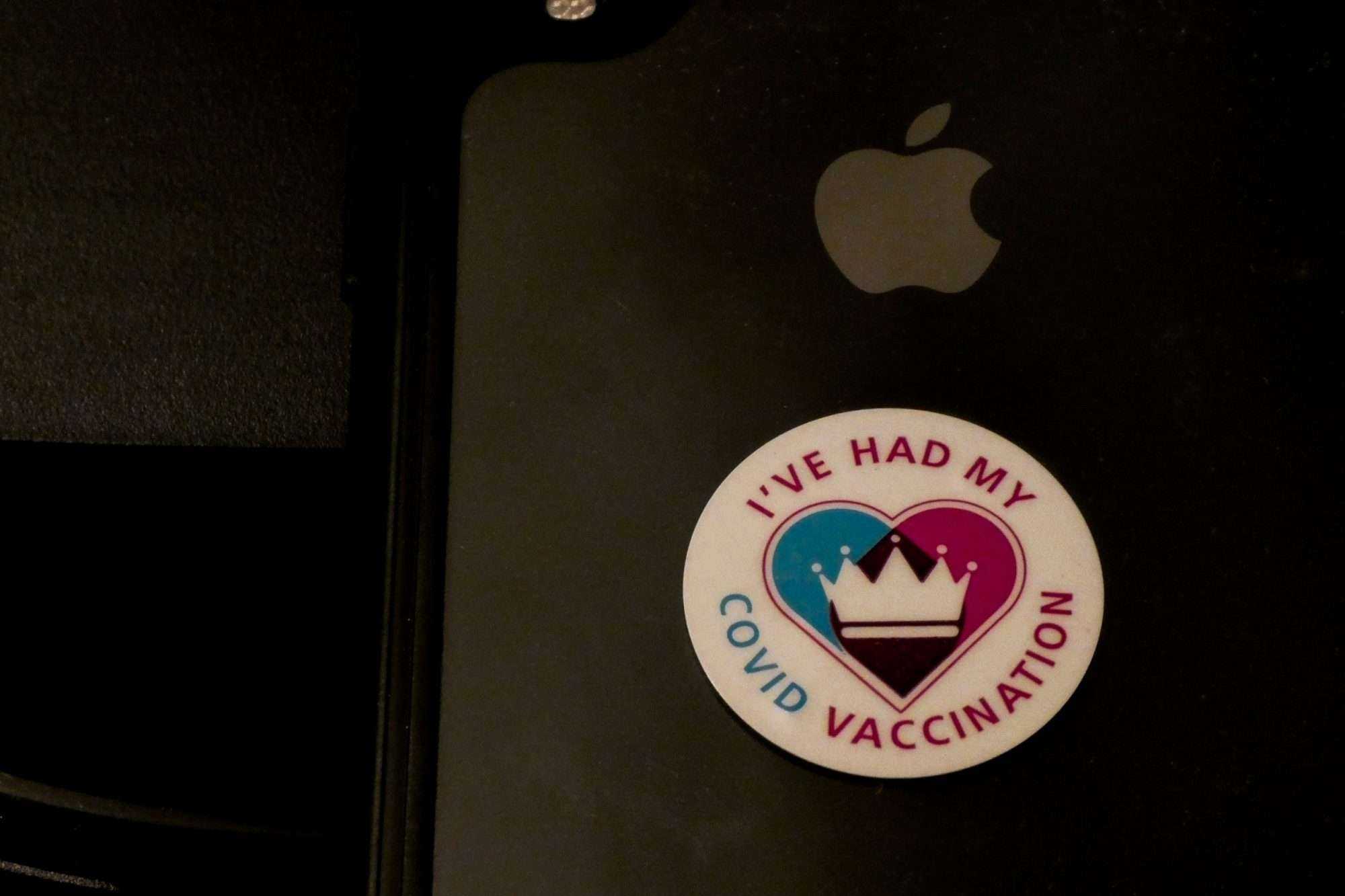on
BY SIMONE J.SMITH
We knew this was coming. As a paper, we have been talking about digital passports since they were first introduced to the public in 2021. Countries have been employing different testing requirements to navigate domestic as well as international travel and the digital vaccine passport is now the means to an end (additional instrument to allegedly make travel safer).
World governments caught on that their present system of paper-based vaccine cards were not working; there was an increase in cases of black marketing, fake certificates etc., so of course the next step was the development of digital documentation. Now that it is going digital, they believe that they can authenticate documents, like you know, your vaccination status.
According to the WHO one of the key tools used by many Member States in reopening economies during the COVID-19 pandemic was the digital COVID-19 test and vaccine certificates. As the directing and coordinating authority on international health work, at the onset of the pandemic, WHO engaged with all WHO Regions to define overall guidance for such certificates and published the Digital Documentation of COVID-19 Certificates: Vaccination status and Test results in 2021 and 2022, respectively.
The verbiage that they are now using is convincing, enough to manipulate, and redefine the use of a digital vaccine, and why it is necessary. According to WHO, they have learned from the COVID-19 pandemic response, and recognized an existing gap for a global mechanism that can support bilateral verification of the provenance of health documents for pandemic preparedness and continuity of care. Do you see what I mean about verbiage; I have to commend their writers.
They claim that the GDHCN can be used as an infrastructural building block to support additional use cases, which may include, for example, the digitisation of the International Certificate of Vaccination or Prophylaxis, verification of prescriptions across borders, the International Patient Summary, verification of vaccination certificates within and across borders, and certification of public health professionals (through WHO Academy).
To meet this need, in line with the global strategy on digital health priority actions, WHO has established the Global Digital Health Certification Network (GDHCN). The GDHCN builds upon the experience of regional networks for COVID-19 Certificates and takes up the infrastructure and experiences with the digital European Union Digital COVID Certificate (EU DCC) system, which has seen adoption across all Member States of the EU as well as 51 non-EU countries and territories.
I want you to take a moment to recognize the clear steps to bringing the world under the power of a created government, and they are using WHO as the humanitarian face.
The GDHCN claims to be a trust network that is a digital reflection of the trust WHO already has with Member States. The trust network is operationalized through software infrastructure that enables Member States to bilaterally verify the authenticity of digital records and health certificates through an interoperable trust architecture, without WHO participating in any verification processes but acting as a “trust anchor.”
All right! Let’s stop all of this right here. Who voted WHO as a trust anchor? Is it safe to say that in a way, many of us did. If you voted for Prime Minister Trudeau, then yes you did. No judgment, but realized that what happens next does affect you.
As the trust anchor, WHO is implementing an onboarding process to establish technical and governance procedures for digital trust between WHO and each Member State, and thus, between Member States participating in the trust network. WHO will not hold or otherwise have access to any individual data. Participating Member States voluntarily submit public keys into a directory managed by WHO, so they are shared in a trusted manner with other Member States. These public keys then can be used to verify that digitally signed health credentials (e.g. Immunization cards, health records) were issued by a recognized authority in the GDHCN.
They do throw this word trust around an awful lot.
According to WHO, the benefits of establishing a GDHCN include:
- Individuals obtain agency over their own health information
- Health providers can more easily verify health records to support continuity of care
- Governments can provide standards and mechanisms to issue and verify that records are linked to authorized institutions, within and between countries.
Let’s address the elephant in the room, from the beginning of the discussion of digital certificates, one of the most critical and worrisome steps involved in the development of vaccine passports is the need to create a system collecting and storing extensive data relating to individuals so as to facilitate effective working of the passports. There is always the likelihood of privacy violations, especially in countries that either have a weak data protection framework, or even worse, none at all.
In the absence of a proper system of checks and balances, there is nothing holding back the big tech conglomerates such as Microsoft, Oracle etc. leading the development of digital vaccine passports from exploiting the information made available to them for purposes such as product development, marketing, selling it to third-parties, surveillance etc. Furthermore, given that data protection regulations in most of the non-EU countries are inadequate, cross-border sharing of such highly sensitive data could prove to be a nightmare for both the authorities as well as the general public.
The other obvious thought is the amount of CONTROL the government will have over your life. African-Caribbean community, Canadian citizens, do we really trust our government to have our best interest at heart? I want you to be honest with yourselves here.
When we are voting for people to represent our interests, it is time that we research, look at what they stand for, and turn to trusted information that will allow you to make educated decisions. Do this if not for yourself, for the next generation.
Stay in the loop with exclusive news, stories, and insights—delivered straight to your inbox. No fluff, just real content that matters. Sign up today!
We, as humans are guaranteed certain things in life: stressors, taxes, bills and death are the first thoughts that pop to mind. It is not uncommon that many people find a hard time dealing with these daily life stressors, and at times will find themselves losing control over their lives. Simone Jennifer Smith’s great passion is using the gifts that have been given to her, to help educate her clients on how to live meaningful lives. The Hear to Help Team consists of powerfully motivated individuals, who like Simone, see that there is a need in this world; a need for real connection. As the founder and Director of Hear 2 Help, Simone leads a team that goes out into the community day to day, servicing families with their educational, legal and mental health needs.Her dedication shows in her Toronto Caribbean newspaper articles, and in her role as a host on the TCN TV Network.













